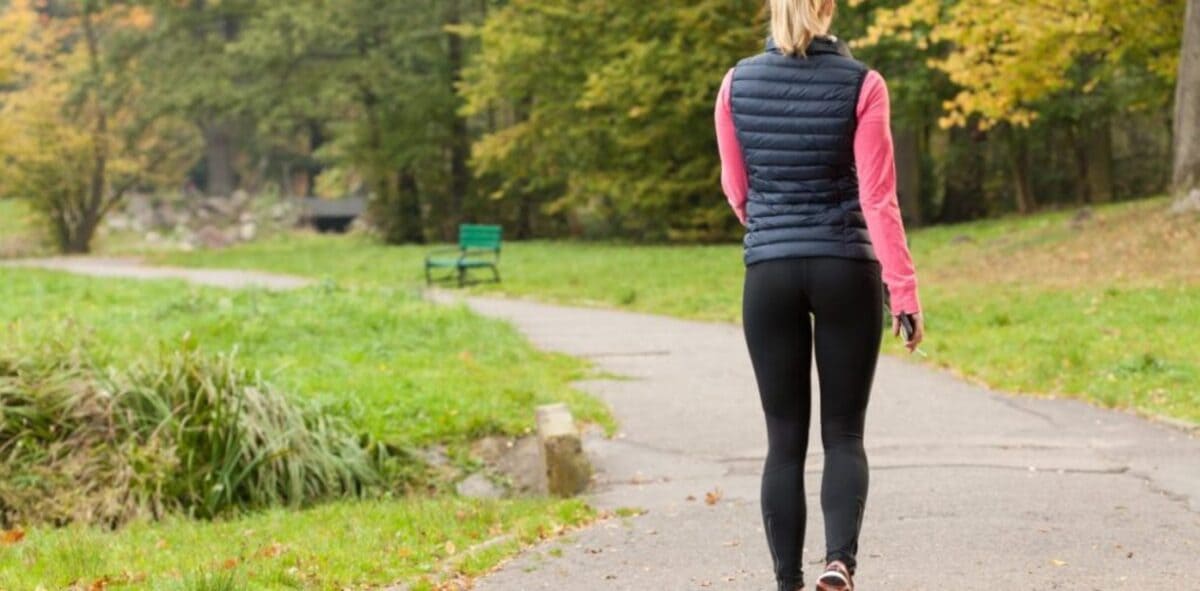Walking is one of those rare habits that asks very little of us yet gives back generously. It requires no equipment, no subscription and no special athletic talent. Still, many people wonder how much walking is actually needed to feel fitter, lighter and more energised. The answer, according to health experts, is more nuanced than simply aiming for a big round number.
Walking: your gateway to a healthier you
For many of us, walking is the first form of exercise we ever learned, yet it is often the last we think of when trying to get back in shape. And that is a shame, because studies from organisations such as the World Health Organization show that regular walking supports better cardiovascular health, improved mood and lower long term health risks. Beyond the physical benefits, there is something restorative about being outside, moving at a natural rhythm, letting the mind breathe a little.
I once started a walking routine during a hectic work period, thinking it would simply help me “fit in some exercise”. Instead, it became my daily reset button – a way to clear the clutter in my head as well as the stiffness in my shoulders.
The steps to success
Unlike more demanding workouts, walking is both simple and surprisingly powerful. It burns calories at a steady pace, strengthens key muscle groups, supports joint mobility and boosts those uplifting endorphins that help balance our mood. According to the NHS, even brisk walking for ten minutes a day can contribute to better heart health.
What makes walking especially effective is its sustainability. It is something you can do anywhere: through the park, around the neighbourhood or even during long phone calls. Small consistent efforts often lead to bigger changes than sporadic bursts of intense exercise.
Personalising your walking regimen
The ideal distance or step count looks slightly different for everyone. Your current weight, your overall fitness and your goals all play a role. Here are a few guiding principles health specialists commonly highlight:
• Your body weight matters – the more you weigh, the more energy you burn per step.
• Ease into it – beginners should build up gradually to avoid discomfort or injury.
• Let your goals guide you – aiming to maintain weight differs from aiming to lose it.
• Pair movement with nutrition – according to the British Dietetic Association, sustainable weight loss requires both increased activity and thoughtful eating.
Seeing walking as part of a larger health picture rather than a standalone task tends to make progress feel more natural and achievable.
Striding towards the ideal distance
So what is considered a solid daily target? Many experts still cite 10,000 steps – roughly 7 to 8 kilometres – as a useful benchmark. This guideline, while not strict science, helps people stay active enough to burn an estimated 300 to 400 calories a day, which could contribute to losing around half a kilo per week when combined with a balanced diet.
But it is worth remembering that consistency trumps perfection. Some days will include long walks; others may not. What matters most is making movement part of your routine.
Fitting walking into your busy life
Walking for 10,000 steps may sound ambitious if your schedule is packed, but weaving movement into daily habits makes the goal much more realistic. Many people find these small changes particularly helpful:
• Break the walk into shorter sessions throughout the day.
• Walk part of your commute whenever possible.
• Take the stairs instead of the lift.
• Replace static meet ups with walking catch ups.
• Use a pedometer or app – sometimes a little tracking keeps the motivation alive.
Even modest adjustments can add up to surprising results. One colleague of mine managed to increase her step count simply by getting off the bus one stop early each day. Six months later, she felt fitter than she had in years.
Walking towards a healthier you
Walking is one of the most accessible ways to reconnect with your body and reclaim your fitness. Aiming for 10,000 steps is a great starting point, but the real secret is adapting your routine to your lifestyle and respecting what your body needs. Each walk is a small act of commitment to yourself – a quiet step towards becoming a healthier, steadier and happier version of you.
